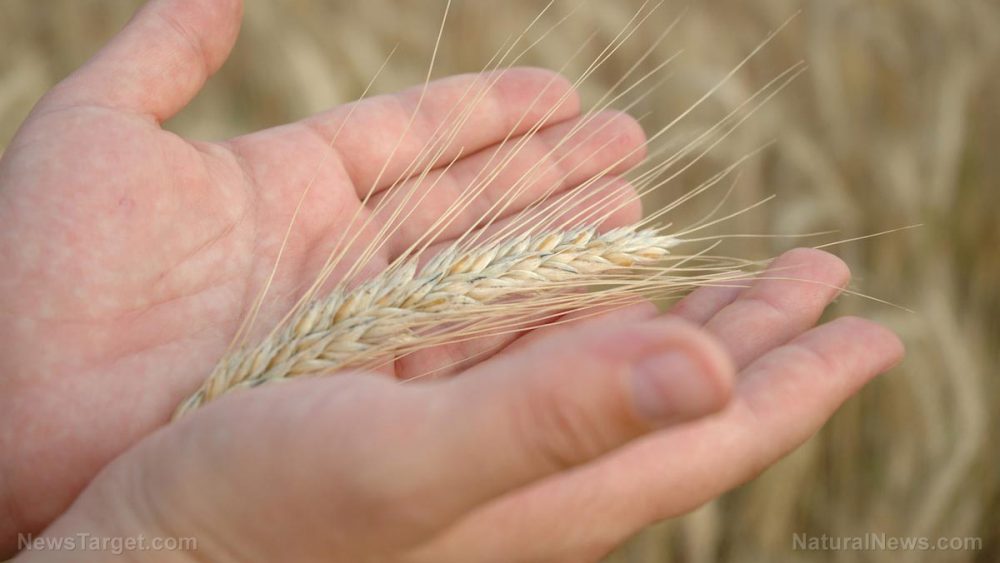
Advertisement
Have you ever stopped to think about what would happen if wheat production ground to a halt across the world? It’s something that few people worry about, but it’s more likely than you think thanks to modern industrial agriculture practices.
Many of the planet’s most widely grown varieties of wheat have been affected by new and highly aggressive strains of stem rust in recent years. This disease, which is known for causing blackening pustules on the stems of plants, was behind some of history’s most devastating crop epidemics and famines before being somewhat tamed in recent years.
Now, however, it’s popping up again, more resistant than ever and threatening to spread trillions of fungal spores across the Earth. In fact, the global financial losses caused by wheat stem rust are already $1 billion per year. It looks set to spread beyond the places it is already known to affect and reach so-called “breadbasket” regions where it has not previously been seen, like South Asia, putting droves of people at risk of starvation.
Modeling systems used to forecast the dispersal of ash from volcanoes as well as radiation from nuclear accidents are now being used to predict how and when these strains are likely to spread. According to the calculations in the study, which was published in Nature Plants, Yemen could serve as a “stepping stone” when it comes to transmitting the disease across continents, perhaps by passing directly through the country out of Africa and into major wheat production areas in Pakistan and India.
They also found that wheat rust could spread easily from Yemen and into the Middle East if Iran suffers a moderate outbreak of the deadly Ug99 during the months of March and April; the spores would most likely spread through Afghanistan and down to India and Pakistan. That’s why the researchers believe something must be done immediately should new strains of wheat rust take hold in Yemen in the months of early spring.
Monoculture agricultural practices are making the problem worse
One factor that could be contributing to the problem is monocultural agricultural practices, which are getting a boost from agricultural insurance. Because many types of agriculture insurance in developing countries are linked only to specific crops, it is encouraging smaller farmers to focus on monocultures rather than growing a wide range of crops to protect themselves against outbreaks. When a large percentage of crops contain identical genetics, it only takes a single outbreak of fungus or pests to spur massive crop failure and widespread starvation. This is what happened in the Irish potato famine, and now history could be about to repeat itself.
The researchers compiled risk assessments for the dispersal of pathogens from key locations of the disease to vital wheat production areas. Thanks to their 3D animations of spore dispersal and other dispersal trends data, it may be possible to raise awareness and prevent some of these problems from taking hold. Their modeling framework has already been used to estimate the dispersal risk of other crop diseases seen in Siberia and Europe, and they are now working on creating an Early Warning System that will forecast rust risk in East Africa.
Sources for this article include:
Advertisements







